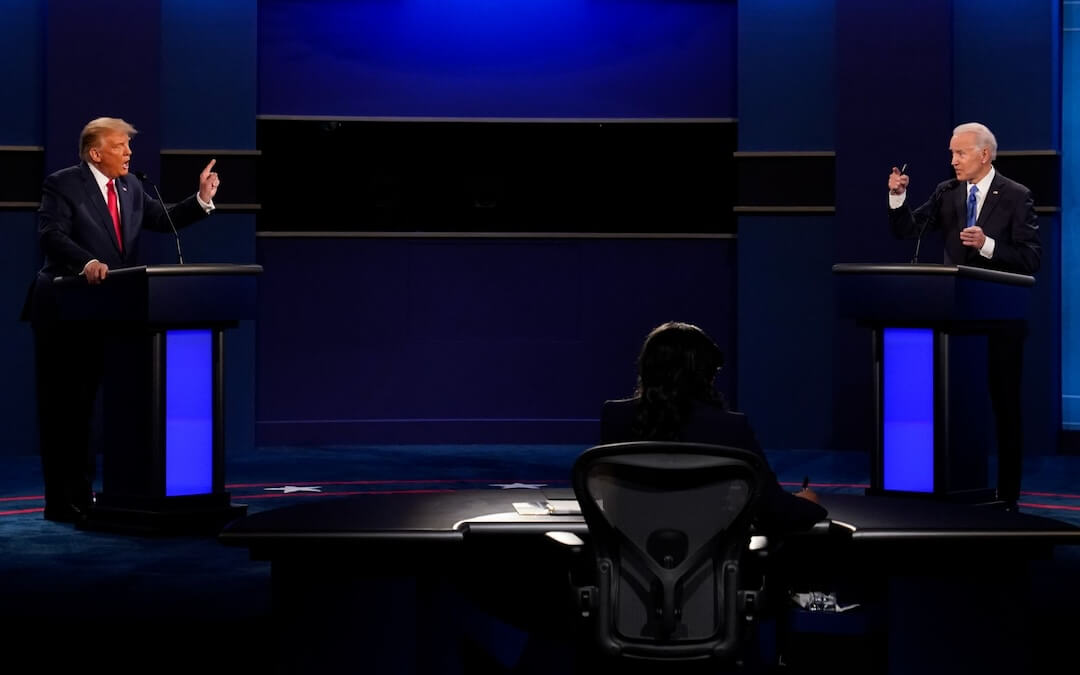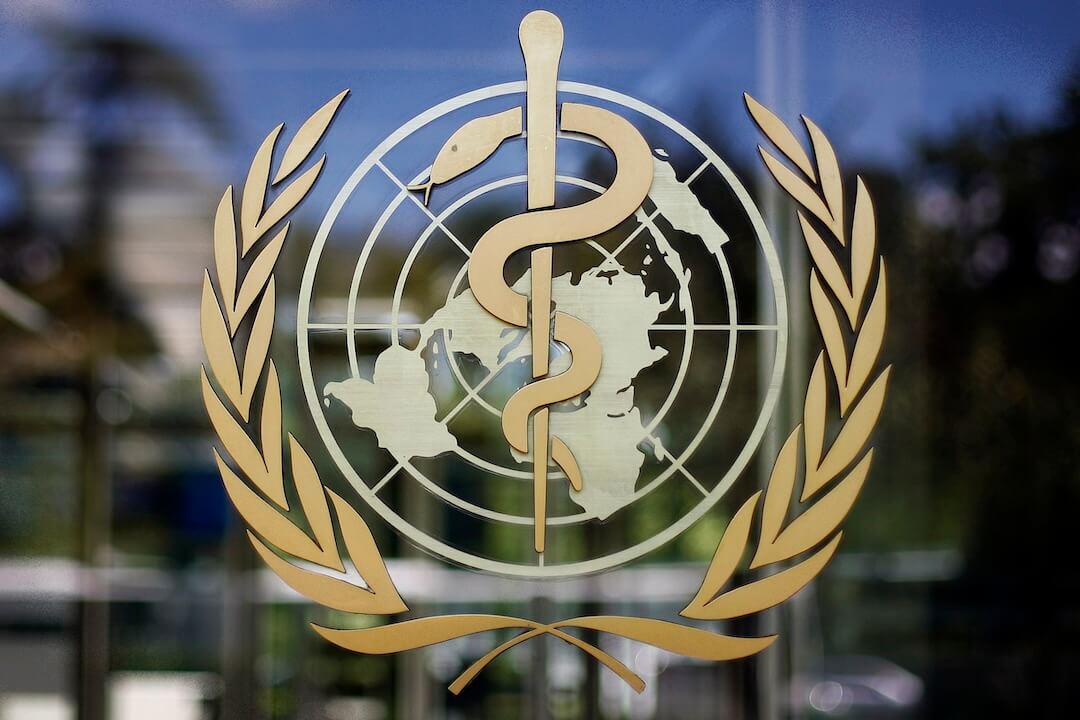Politico published Monday night a leaked copy of a draft of a U.S. Supreme Court opinion overturning the 1973 Roe v. Wade decision that made abortion legal in every state. The ethics behind Politico’s decision to publish the document will likely become a case study for future generations of journalists.
The sheer length of the story and accompanying sidebars suggests the Washington, D.C.-based newsroom has been working on the 98-page draft of a decision authored by Justice Samuel Alito for more than a few hours.
Politico offers very few details about how they got the copy, whether they received a hard copy or a digital copy, what the newsroom did to confirm that it’s real or even if it’s the most current draft.
“POLITICO received a copy of the draft opinion from a person familiar with the court’s proceedings in the Mississippi case along with other details supporting the authenticity of the document,” reporters Josh Gerstein and Alexander Ward write about a quarter of the way into their 2,500-word story.
The reporters did not say what those details that supported authenticity were.
Gerstein authored a sidebar on Supreme Court leaks, which gave no additional details on how Politico got the draft of the document, but confirms that such leaks are exceedingly rare.
Here are a few other details about the provenance of the document, released by Politico:
- It’s labeled a first draft of the majority opinion
- It included a notation that it was circulated among the justices Feb. 10
- It includes a 31-page appendix of state abortion laws
- There are 118 footnotes
- The document is consistent with what court watchers would expect to see at this point in the deliberations
Editors at Politico would help dubious readers if they explained why they are so confident the document is real and how they made the decision to publish it. When confronted with an unprecedented leak like this, news consumers are understandably skeptical in this era of mis- and disinformation. When journalists behind the work don’t signal that they have gone through an ethical process, consumers may conclude that ethics don’t matter to journalists.
An editor’s note explaining how the newsroom decided to publish the document and what steps it took to verify that it is real would go a long way to helping skeptical readers, especially those who are not familiar with Politico’s work. Even publishing the note that was sent to staff, which assured the newsroom, “We take our responsibilities to our readers and our publication with the greatest seriousness,” would help consumers take in this stunning leak.
As long as the document holds up as authentic (even if it is substantially different when the court issues in its final form, most likely closer to the end of the term in June), Politico seems to be on solid ethical ground. This is a compelling piece of news that will change the course of the country.
Although it’s been expected that the court would overturn Roe, an early look at the conservative justices’ thinking offers insights into the changing nature of the courts and the political forces that shape them. Publishing the draft stands to influence politicians, corporations, pundits and citizens who are passionate about abortion’s legal status.
Politico does note in the 14th paragraph:
Under longstanding court procedures, justices hold preliminary votes on cases shortly after argument and assign a member of the majority to write a draft of the court’s opinion. The draft is often amended in consultation with other justices, and in some cases the justices change their votes altogether, creating the possibility that the current alignment on Dobbs v. Jackson Women’s Health Organization could change.
Should the document’s authenticity come into question, Politico’s failure to be more transparent will damage its credibility.
Newsrooms that are reacting to and reporting on Politico’s work should consider two key questions:
What do we know? We know Politico has published a document that may be one of many drafts of an opinion that will overturn Roe v. Wade. The document Politico published is labeled “1st draft.” Typically, such landmark decisions are the product of many such drafts. The court has not commented except to decline comment. The story says Politico has a source — “A person familiar with the court’s deliberations” — who Politico uses to claim “that four of the other Republican-appointed justices — Clarence Thomas, Neil Gorsuch, Brett Kavanaugh and Amy Coney Barrett — had voted with Alito in the conference held among the justices after hearing oral arguments in December, and that line-up remains unchanged as of this week.” The story says its source claims to know that the Democrats on the Court are writing dissents and that it is unknown how Chief Justice John Roberts will vote or whether he will write his own opinion.
What do we not know? We do not know if the document is original, if it has been or will be amended or accepted. We do not know who released the document or why. We do not know what implications this might have on the ruling, the court, or how the court might interact with the press in the future.
There are two levels of decisions for journalists covering this development. Politico ran the document that was a working paper, not a completed decision.
Other news organizations must make a different set of decisions about why Politico’s reporting of the document is news. That is a much easier call as long as the reporting about the leak is constantly couched in terms of uncertainty placed prominently in the headline and report. Clearly, an unprecedented leak that could overturn a five-decade-old divisive national issue is news.
Poynter senior faculty Al Tompkins contributed to this piece.
Correction: The Roe v. Wade decision came in 1973. An earlier draft mistakenly suggested it was a year older.








Couple things:
1. Who hasn’t heard of Politico and isn’t familiar with their work? Pretty sure it’s one of the leading news publications covering politics
2. Justice Roberts confirmed the authenticity of the document
3. The real ethical concern here that we should all be worried about and focused on is that women’s rights are under attack and this decision will have unprecedented wide ranging consequences and implications in this country.
Talk about shooting from the hip and writing analysis before the dust clears. Given the fact that the Chief Justice confirmed the document’s accuracy within hours of the initial story — which meant that confirmation was included by the time most of us civilians became aware of the story– musing about whether Politico should have done more to explain its credence in the document seems moot, to put it politely.